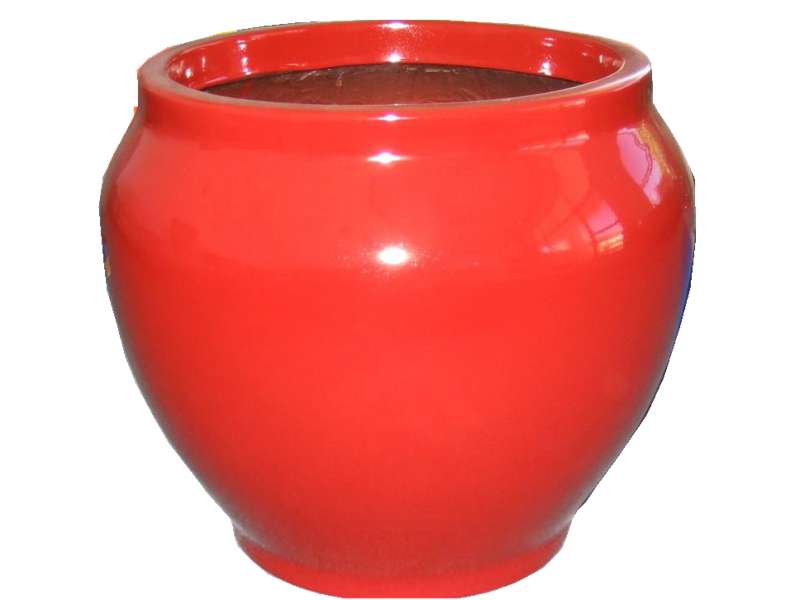
-
 Afrikaans
Afrikaans -
 Albanian
Albanian -
 Amharic
Amharic -
 Arabic
Arabic -
 Armenian
Armenian -
 Azerbaijani
Azerbaijani -
 Basque
Basque -
 Belarusian
Belarusian -
 Bengali
Bengali -
 Bosnian
Bosnian -
 Bulgarian
Bulgarian -
 Catalan
Catalan -
 Cebuano
Cebuano -
 China
China -
 China (Taiwan)
China (Taiwan) -
 Corsican
Corsican -
 Croatian
Croatian -
 Czech
Czech -
 Danish
Danish -
 Dutch
Dutch -
 English
English -
 Esperanto
Esperanto -
 Estonian
Estonian -
 Finnish
Finnish -
 French
French -
 Frisian
Frisian -
 Galician
Galician -
 Georgian
Georgian -
 German
German -
 Greek
Greek -
 Gujarati
Gujarati -
 Haitian Creole
Haitian Creole -
 hausa
hausa -
 hawaiian
hawaiian -
 Hebrew
Hebrew -
 Hindi
Hindi -
 Miao
Miao -
 Hungarian
Hungarian -
 Icelandic
Icelandic -
 igbo
igbo -
 Indonesian
Indonesian -
 irish
irish -
 Italian
Italian -
 Japanese
Japanese -
 Javanese
Javanese -
 Kannada
Kannada -
 kazakh
kazakh -
 Khmer
Khmer -
 Rwandese
Rwandese -
 Korean
Korean -
 Kurdish
Kurdish -
 Kyrgyz
Kyrgyz -
 Lao
Lao -
 Latin
Latin -
 Latvian
Latvian -
 Lithuanian
Lithuanian -
 Luxembourgish
Luxembourgish -
 Macedonian
Macedonian -
 Malgashi
Malgashi -
 Malay
Malay -
 Malayalam
Malayalam -
 Maltese
Maltese -
 Maori
Maori -
 Marathi
Marathi -
 Mongolian
Mongolian -
 Myanmar
Myanmar -
 Nepali
Nepali -
 Norwegian
Norwegian -
 Norwegian
Norwegian -
 Occitan
Occitan -
 Pashto
Pashto -
 Persian
Persian -
 Polish
Polish -
 Portuguese
Portuguese -
 Punjabi
Punjabi -
 Romanian
Romanian -
 Russian
Russian -
 Samoan
Samoan -
 Scottish Gaelic
Scottish Gaelic -
 Serbian
Serbian -
 Sesotho
Sesotho -
 Shona
Shona -
 Sindhi
Sindhi -
 Sinhala
Sinhala -
 Slovak
Slovak -
 Slovenian
Slovenian -
 Somali
Somali -
 Spanish
Spanish -
 Sundanese
Sundanese -
 Swahili
Swahili -
 Swedish
Swedish -
 Tagalog
Tagalog -
 Tajik
Tajik -
 Tamil
Tamil -
 Tatar
Tatar -
 Telugu
Telugu -
 Thai
Thai -
 Turkish
Turkish -
 Turkmen
Turkmen -
 Ukrainian
Ukrainian -
 Urdu
Urdu -
 Uighur
Uighur -
 Uzbek
Uzbek -
 Vietnamese
Vietnamese -
 Welsh
Welsh -
 Bantu
Bantu -
 Yiddish
Yiddish -
 Yoruba
Yoruba -
 Zulu
Zulu
fiberglass flange
Understanding Fiberglass Flanges Benefits and Applications
In the world of industrial manufacturing, fiberglass has emerged as a popular material due to its unique properties that make it ideal for a variety of applications. One of the significant components made from fiberglass is the fiberglass flange. This article explores the benefits and applications of fiberglass flanges, highlighting their importance in different industries.
What is a Fiberglass Flange?
A fiberglass flange is a disc-shaped piece made from fiberglass-reinforced plastic (FRP), designed to connect pipes, valves, pumps, and other equipment in a piping system. These flanges come in various sizes and configurations, allowing for flexibility in piping arrangements. The strength and lightweight nature of fiberglass make these flanges an excellent choice for numerous applications.
Benefits of Fiberglass Flanges
1. Corrosion Resistance One of the primary advantages of fiberglass flanges is their resistance to corrosion. Unlike metal flanges that can rust and degrade over time when exposed to harsh chemicals or environmental conditions, fiberglass flanges remain unaffected. This makes them ideal for use in industries such as chemical processing, wastewater treatment, and marine applications.
2. Lightweight Fiberglass flanges are significantly lighter than their metal counterparts, which makes them easier to handle and install. This lightweight nature can reduce transportation costs and the overall structural load, making it an attractive option for companies looking to optimize efficiency.
fiberglass flange

3. Thermal Insulation Fiberglass flanges have lower thermal conductivity, providing excellent insulation properties. This feature helps to maintain temperature integrity in piping systems, which is essential in industries that handle hot or cold fluids, such as oil and gas, food processing, and HVAC systems.
4. Durability Fiberglass is known for its exceptional strength-to-weight ratio. Fiberglass flanges can withstand high pressure and temperature conditions without compromising their structural integrity. This durability ensures a longer lifespan, reducing the need for frequent replacements and contributing to lower maintenance costs.
5. Customizability Fiberglass flanges can be manufactured to meet specific requirements regarding size, shape, and performance. This customizability allows for tailored solutions that suit the unique needs of various industries and applications.
Applications of Fiberglass Flanges
Fiberglass flanges are widely used across several sectors, including
- Chemical Industry For connecting pipes in chemical processing plants where corrosive substances are transported, fiberglass flanges provide a suitable solution. - Water Treatment In wastewater treatment facilities, the resistance to corrosion and chemicals makes fiberglass flanges a preferred choice. - Marine Fiberglass is extensively used in marine applications due to its resistance to saltwater corrosion, making fiberglass flanges ideal for shipbuilding and maintenance. - Construction In construction, fiberglass flanges are used in various structural applications, providing lightweight and durable connections.
In summary, fiberglass flanges are a versatile and advantageous component in many industrial applications. Their corrosion resistance, lightweight nature, durability, and thermal insulation make them a superior choice over traditional materials. As industries continue to evolve and prioritize sustainability and efficiency, the demand for fiberglass flanges is likely to grow, providing innovative solutions for modern challenges. Whether in chemical processing, water treatment, or construction, fiberglass flanges are set to play a crucial role in the future of piping systems.









